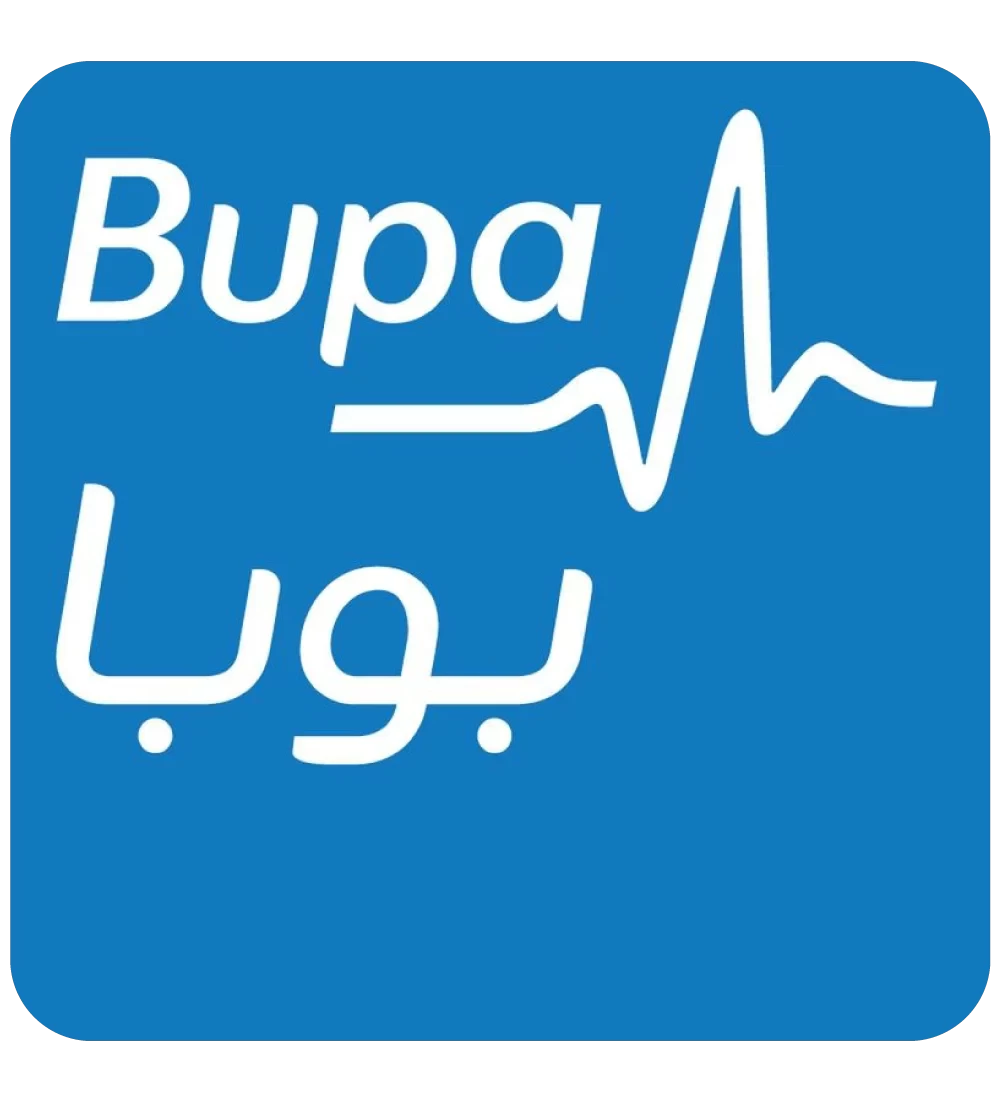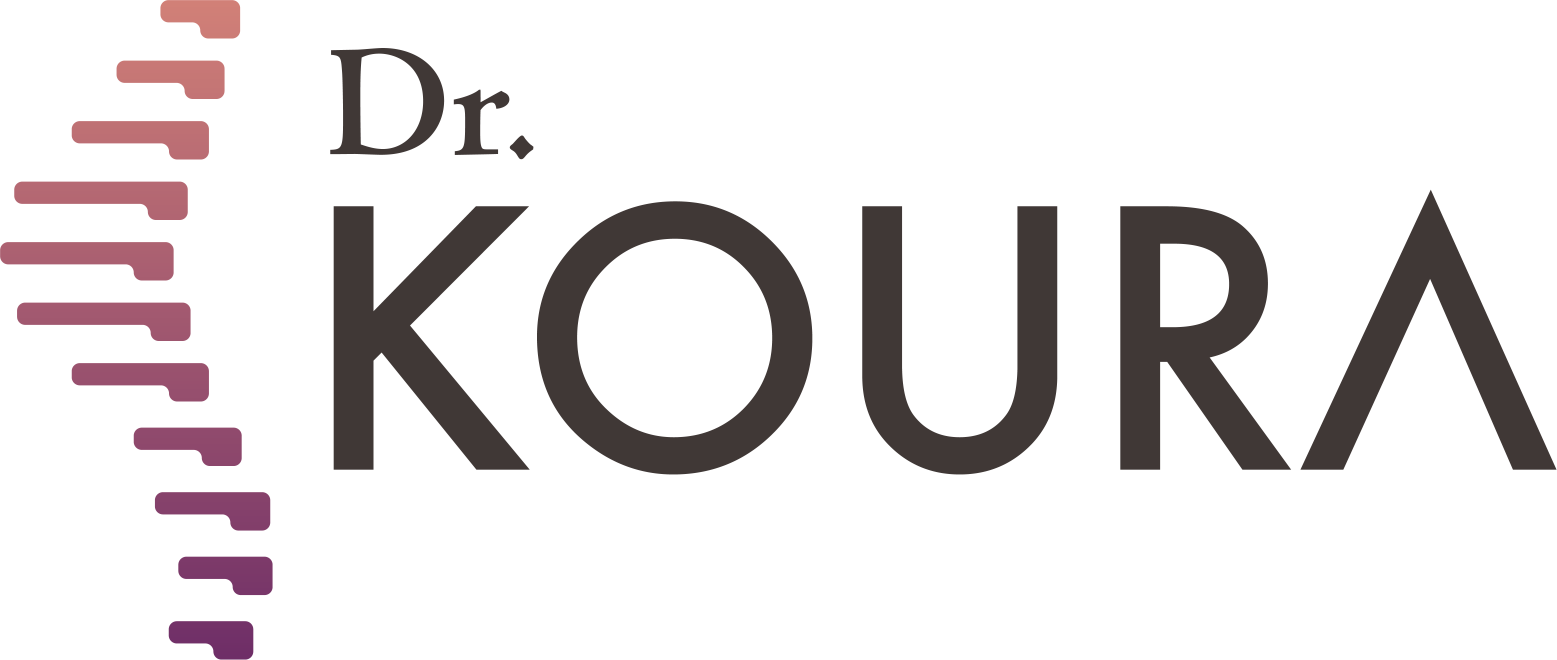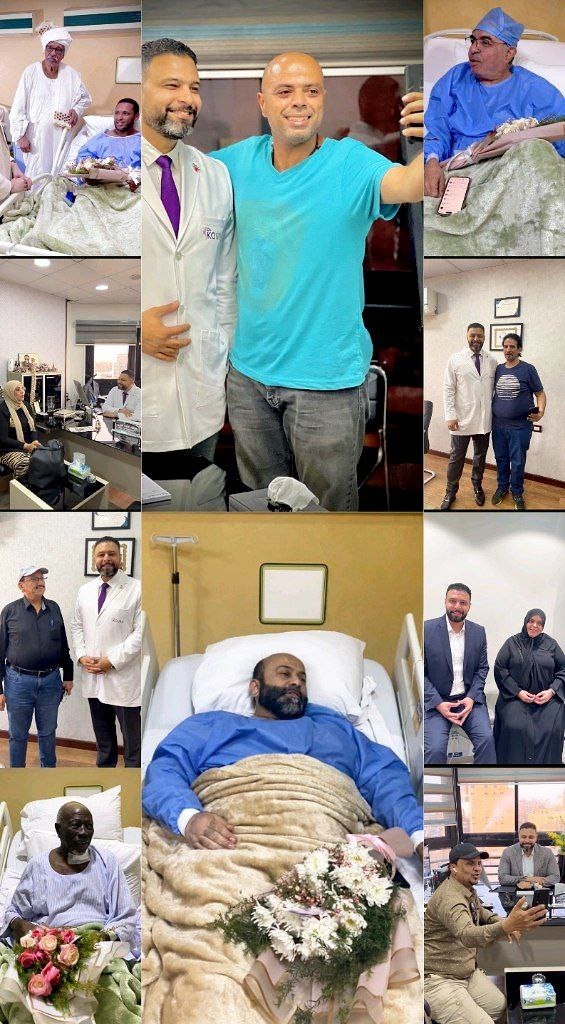
To see patients' reviews
Click hereTreatment of cartilage inflammation in the back
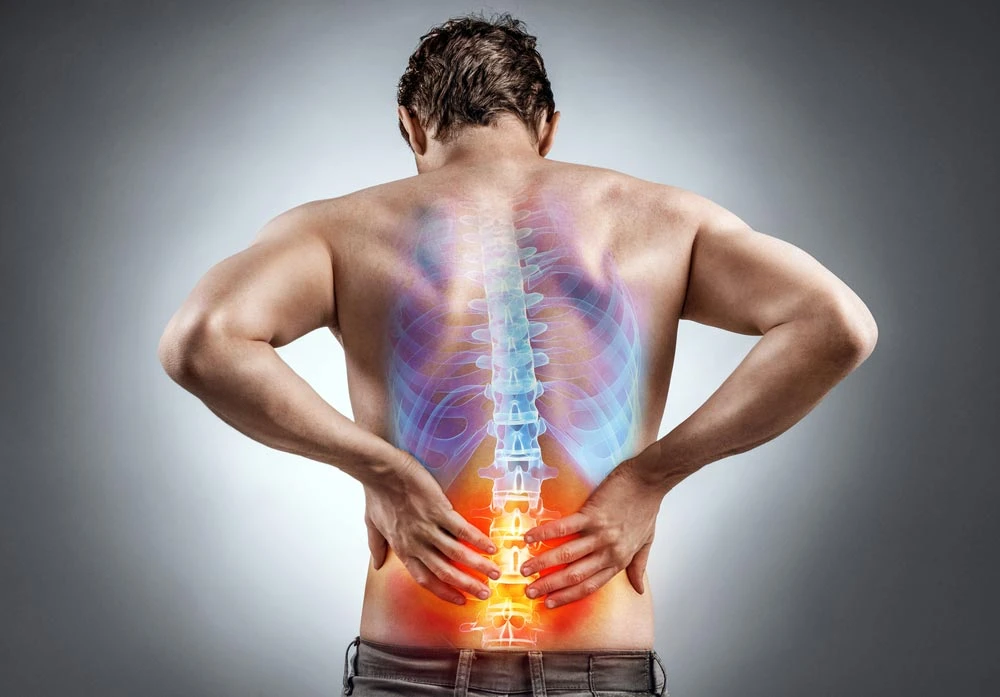

Cartilage inflammation in the spine is one of the most common health conditions that can severely affect a person’s quality of life—especially with today’s fast-paced lifestyle, sedentary jobs, or tasks that require lifting heavy objects. This condition can lead to chronic pain, limited mobility, and in some cases, may progress into a herniated disc. That’s why early diagnosis and proper treatment are crucial.
What is Lumbar Cartilage Inflammation?
Lumbar cartilage inflammation refers to inflammation in the discs (cartilage) located between the lumbar vertebrae at the lower back. These discs act as cushions to protect the spine from friction and absorb shock. However, repetitive strain, aging, or poor posture can cause these discs to become inflamed—resulting in pain that ranges from mild to severe and may radiate to the lower limbs in some cases.
Cartilage Inflammation vs. Herniated Disc: What’s the Difference?
The primary difference between cartilage inflammation and a herniated disc lies in the condition’s severity. Cartilage inflammation refers to irritation or inflammation within the disc tissues, whereas a herniated disc occurs when part of the disc nucleus pushes out of its natural place, putting pressure on nearby nerves. In many cases, inflammation may develop into a herniated disc if left untreated.
Causes of Spinal Cartilage Inflammation
Several factors may contribute to inflammation in the spinal cartilage, often due to lifestyle habits or physical strain. Here are some of the most common causes:
Prolonged sitting with poor posture
Frequently lifting heavy objects
Weak core and back muscles
Aging and degenerative changes
Lack of regular physical activity
Common Symptoms of Cartilage Inflammation in the Back
Symptoms of lumbar cartilage inflammation usually appear gradually and vary depending on the severity and location of the inflammation. They often start as minor discomfort and may escalate into chronic pain, affecting daily movement. Common signs include:
-
Persistent or intermittent lower back pain
-
Stiffness in the lumbar spine
-
Pain radiating to the buttocks or legs
-
Difficulty bending or standing for extended periods
-
Numbness or muscle weakness in more advanced cases
How Is Cartilage Inflammation Diagnosed?
Diagnosis involves a combination of clinical examination and advanced imaging techniques to pinpoint the exact location of the inflammation and check for possible complications like herniated discs or nerve compression. Early diagnosis allows for better outcomes and avoids unnecessary surgical intervention.
Main diagnostic methods include:
-
Clinical assessment by the best spine specialist in Egypt
-
MRI or CT scans to identify inflammation or disc herniation
-
Evaluation of symptom response to medications or physical therapy
Non-Surgical Treatment for Cartilage Inflammation in the Back
In most cases, cartilage inflammation can be treated without surgery using a combination of the following:
-
Medication: Anti-inflammatory drugs, muscle relaxants, and painkillers help manage initial symptoms.
-
Physical Therapy: Customized exercises to strengthen the back and abdominal muscles and improve posture. This is one of the most effective ways to relieve the root cause of back pain.
-
Interventional Pain Management: Advanced procedures like localized injections or radiofrequency ablation to relieve nerve pressure. These are available through the top spine specialists in Egypt and are highly effective in reducing pain and restoring movement.
-
Balanced Rest and Movement: While rest is important during early stages, gradual return to movement is essential to avoid stiffness or muscle wasting.
When Is Surgery Needed?
Surgical intervention is only considered when conservative methods fail or in cases of severe herniated disc causing nerve compression, difficulty walking, or loss of bladder control. Surgical options may include disc removal or vertebral fusion.
The Best Spine Specialist in Egypt
Choosing the best doctor for spine treatment in Egypt is essential to avoid misdiagnosis and unnecessary procedures. Look for a physician specializing in non-surgical or minimally invasive spine care, with proven expertise and access to state-of-the-art equipment.
One of the most trusted names in the field is Dr. Mohamed Koura, who brings years of experience in treating spine disorders using advanced techniques such as radiofrequency ablation, minimally invasive endoscopy, and Disc-FX. Dr. Koura leads a modern, specialized spine care center that offers a comprehensive, evidence-based approach to spine health.
Tips for Preventing Cartilage Inflammation
-
Maintain a healthy body weight
-
Exercise regularly, especially core strengthening workouts
-
Avoid long hours of sitting; use ergonomic chairs with lumbar support
-
Lift heavy objects correctly—by bending the knees, not the back
-
Sleep on a quality mattress and maintain good sleeping posture
Never underestimate persistent back pain—especially if it limits your daily activity. Consulting the best pain specialist in Egypt at a dedicated spine treatment center can dramatically improve your condition and quality of life.
Whether you’re dealing with lumbar disc inflammation, disc herniation between L4 and L5, or unexplained back pain, Dr. Mohamed Koura and his specialized team are your trusted partners for accurate diagnosis and safe, effective treatment without surgery.
Dr. Mohamed Koura is here to assist you using the latest therapeutic techniques, including thermal radiofrequency and laser treatments for spinal pain without surgery—book your appointment now from here.
Why Choose Dr. Mohamed Koura ?
Simply because he is the best doctor in his feild. He stays updated on the latest treatment technologies through his participation in various international conferences with leading foreign doctors and experts. Finally, and most importantly, Dr. Mohamed Koura is the best doctor in Egypt and the Arab world, possessing 12 non-surgical techniques for treating spinal and joint problems. He was the first to introduce modern interventional treatment techniques in Egypt & the Middle East and is the only one using the disc fx technique to treat spinal pain.
To see patients' reviews
Click hereCertainly not, some cases must be treated surgically, and the most appropriate technique for the patient is determined through a medical examination and the presence of imaging studies.
No, it is necessary to make a reservation through a phone call or social media messages.
There are no risks or side effects associated with non-surgical pain interventions.
The patient needs only 3 to 4 days before they can travel comfortably, and the hospital stay does not exceed 6 to 8 hours.
A condition cannot be accurately assessed and a proper medical diagnosis made without a medical examination and recent imaging studies.
Yes, there are several payment methods available through Visa or electronic wallets by making a reservation on our website.
Certainly, obesity is one of the causes of knee osteoarthritis.
Radiofrequency activates the nerve and does not cause any damage to it.
Non-surgical interventions are a definitive treatment for some cases and pain relievers for other cases, which is determined by the doctor through a medical examination.
If the herniated disc is fully treated, there is a possibility of it reoccurring in some cases, such as not following the doctor's prescribed instructions after the intervention, experiencing an accident, or making a sudden wrong movement like lifting heavy objects.
The entire disc is not removed due to the presence of several risks and it may exacerbate the condition. Only the protruding part that causes pain is removed.
This cannot be done with radiofrequency, but it is performed through other techniques that Dr. Koura conducts.
The success or failure of non-surgical interventions cannot be judged through radiographic imaging because these procedures involve making subtle changes to critical parts to address the issue. Consequently, they do not produce significant changes to avoid potential complications in the future or damage to the spine and joints, which is our primary goal.
Spinal stenosis does not typically cause sciatica. In most cases, disc herniation is what may lead to sciatica. This does not necessarily mean that a patient with sciatica will also have spinal stenosis.
Sciatica may return if the patient does not adhere to the medical instructions provided by the doctor or in the event of an unexpected accident.
Lower back pain can result from several causes, including a herniated disc, nerve compression, muscle strain, or chronic spinal injuries. Lifestyle factors such as prolonged sitting, muscle weakness, and excess weight can also exacerbate the problem.
A life without pain without surgery
Once you book with Dr. Koura
Get rid of pain with just one call.. Book your appointment now with pain Management consultant Dr. Koura.
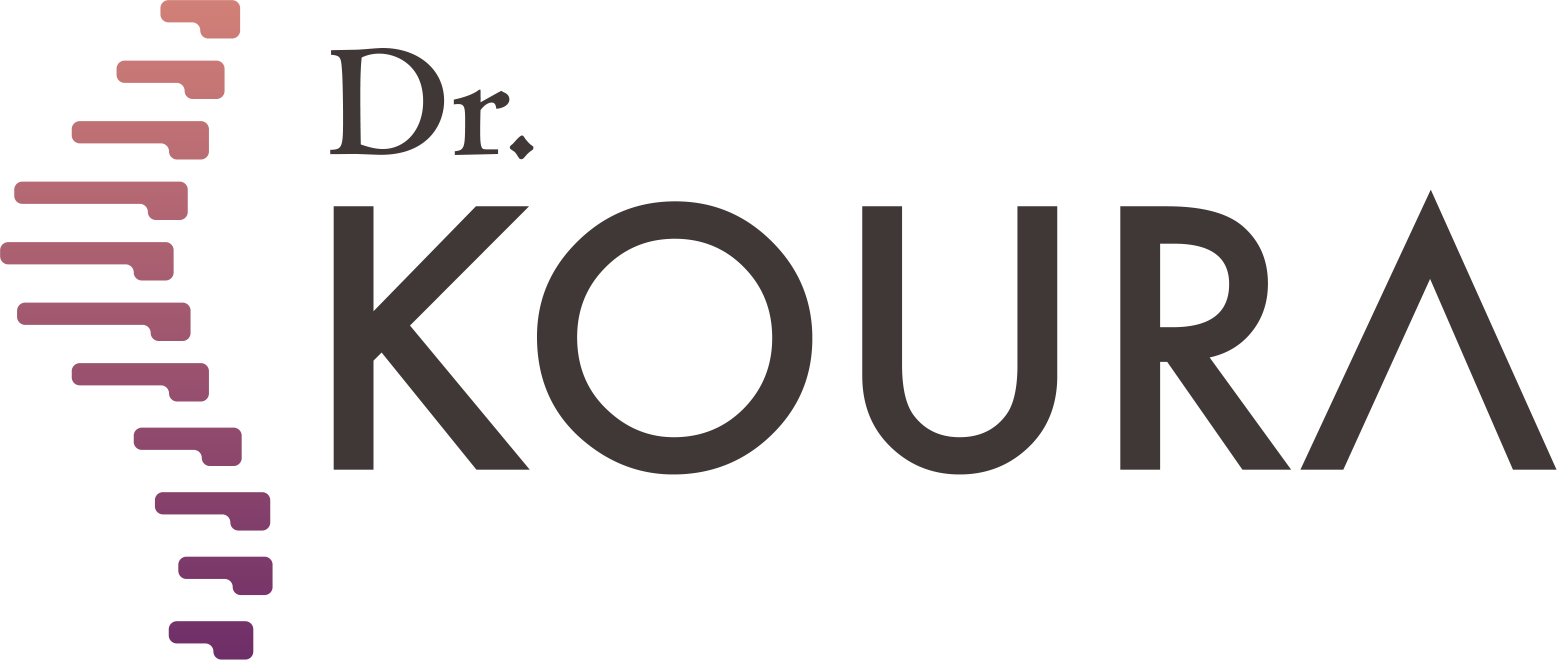





-webp.webp)




-webp.webp)





















